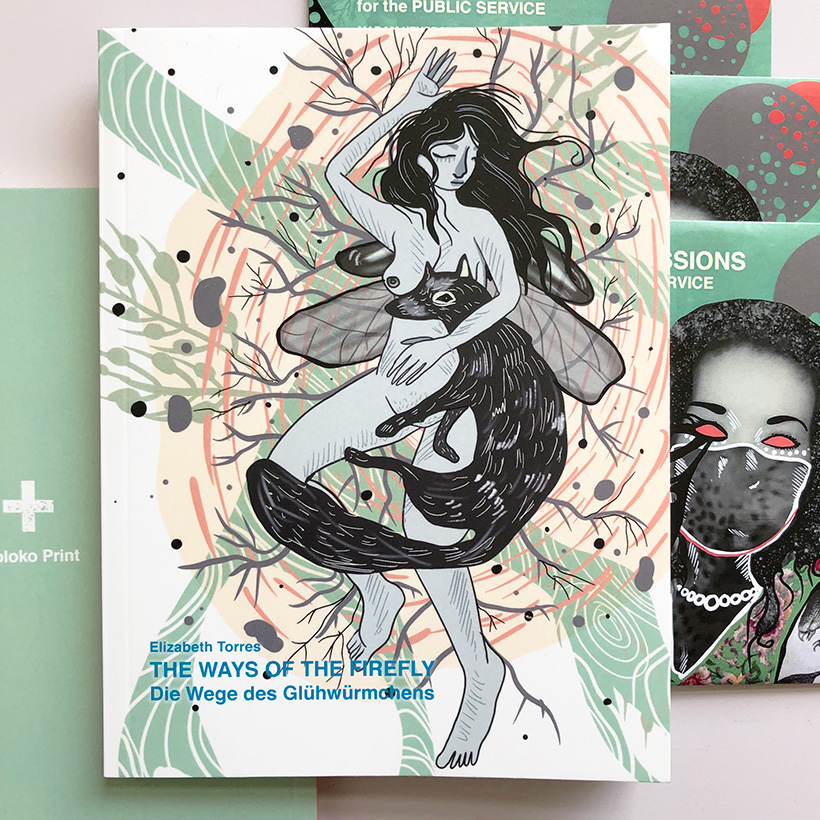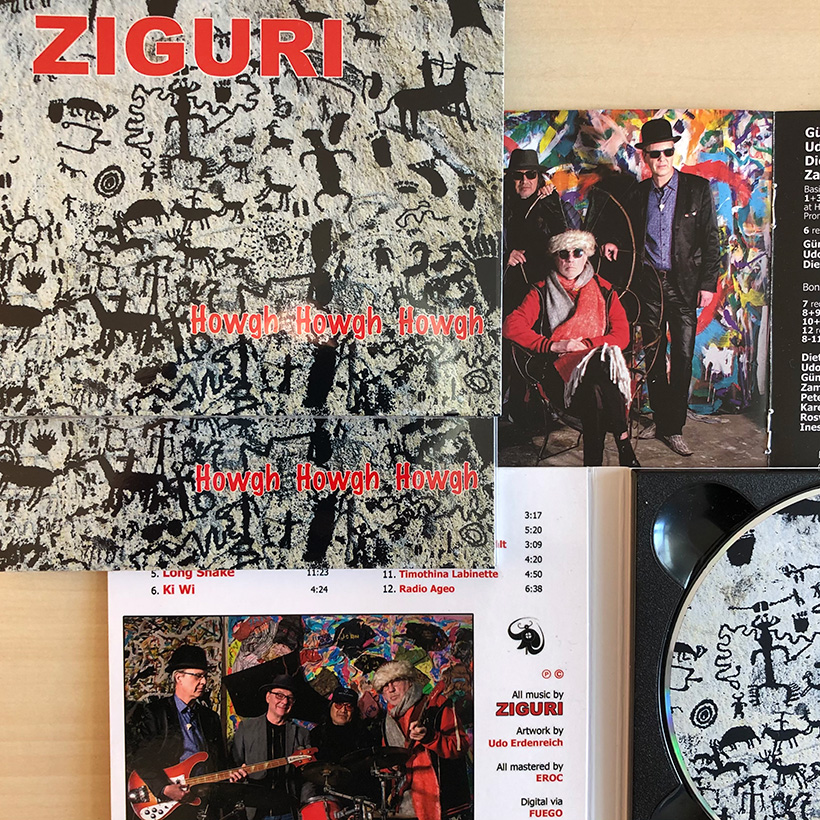 New from Moloko Plus:
New from Moloko Plus:
Ziguri’s history started in 1983 in West Berlin during the production of Antonin’s Artaud’s Le Théatre et son double by Theater 100Fleck. The word ziguri means peyote in Tarahumara and was mentioned by Artaud in his volume D’un voyage au Pays des Tarahumaras. The connection with the theatre has remained characteristic of this band since then. Originally conceived as the musical wing of the theatre group Ziguri Ego Zoo, the band started to operate independently as well under the moniker Ziguri in 1987. After the fall of the Berlin wall in 1989 the band reached out to fellow musicians and actors from East Berlin, such as Ines Burdow, who features on some of the bonus tracks of this album. The core members of Ziguri are guitarist Günter Schickert, visual artist and filmmaker Udo Erdenreich and actor Dieter Kölsch. On the album Howgh Howgh Howgh the band is completed by percussionist Zam Johnson.
Howgh Howgh Howgh was released on vinyl by Adansonia Records in April 2020 while Moloko Plus released the album on CD with six bonus tracks. The uptempo music with its trance-like rhythms, chord schemes and chants has aptly been described as Zen Punk from Berlin-Kreutzberg. Howgh Howgh Howgh, give this CD a spin and your mind a twist or two.

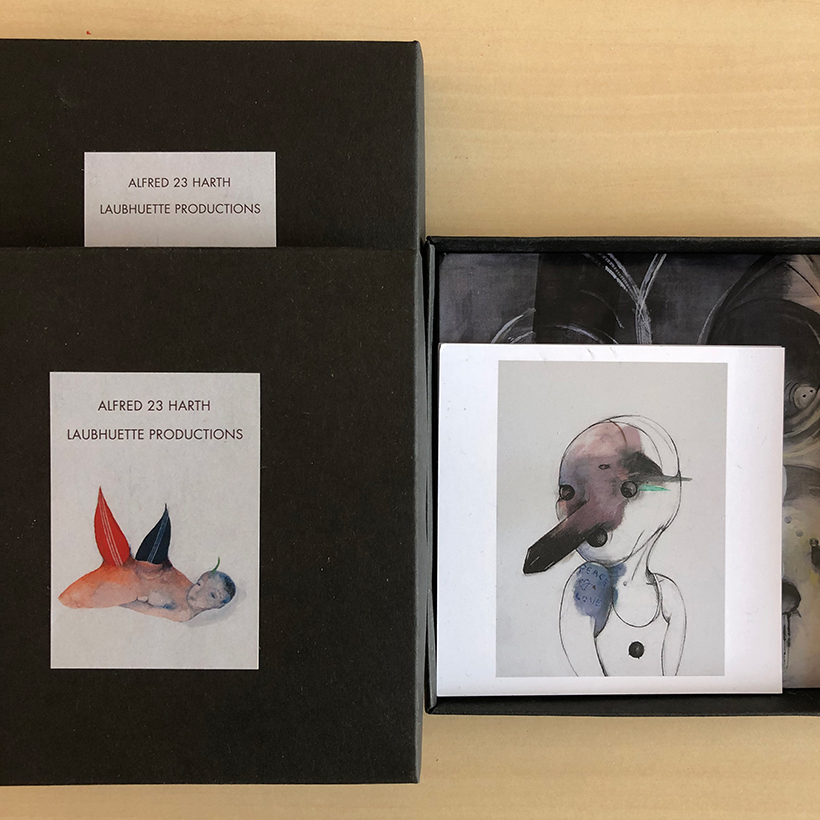
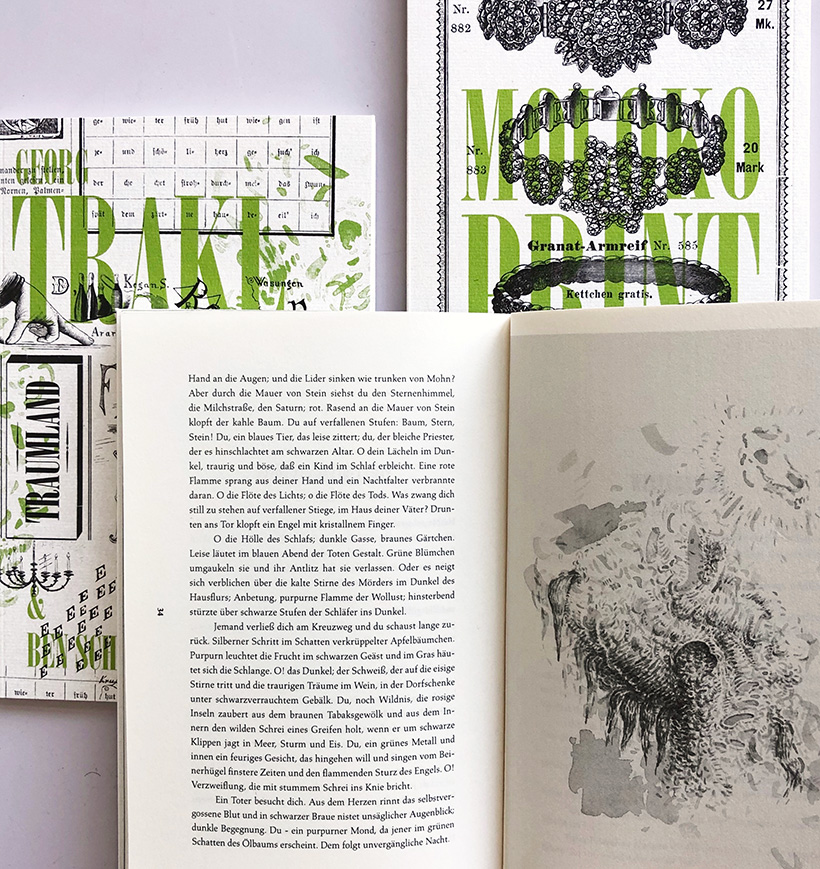
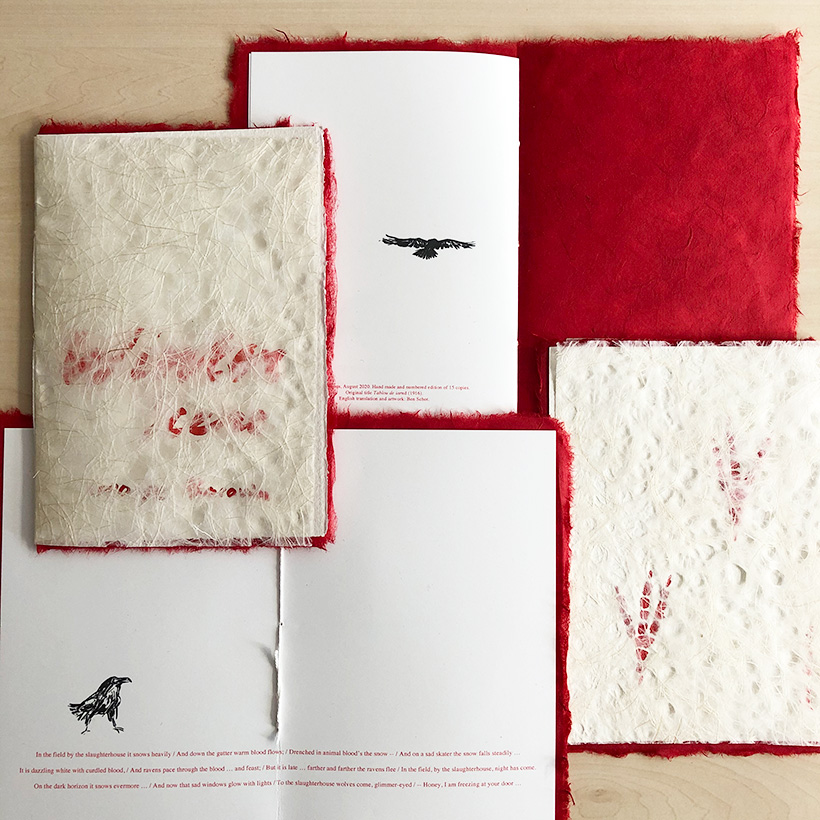
 Tablou de iarnă was published in 1916 as one of the poems in Bacovia’s first compilation Plumb. The poem clearly shows influences of Bacovia’s hero Edgar Allan Poe, whose works had reached him through Baudelaire’s translations. As the morbid wintry landscape described in the poem turns whiter and whiter with snow, the blood running from a nearby slaughterhouse attracts Poe-esque ravens and wolves and the protagonist, cold and fearful, finds himself knocking at his lover’s door…
Tablou de iarnă was published in 1916 as one of the poems in Bacovia’s first compilation Plumb. The poem clearly shows influences of Bacovia’s hero Edgar Allan Poe, whose works had reached him through Baudelaire’s translations. As the morbid wintry landscape described in the poem turns whiter and whiter with snow, the blood running from a nearby slaughterhouse attracts Poe-esque ravens and wolves and the protagonist, cold and fearful, finds himself knocking at his lover’s door…